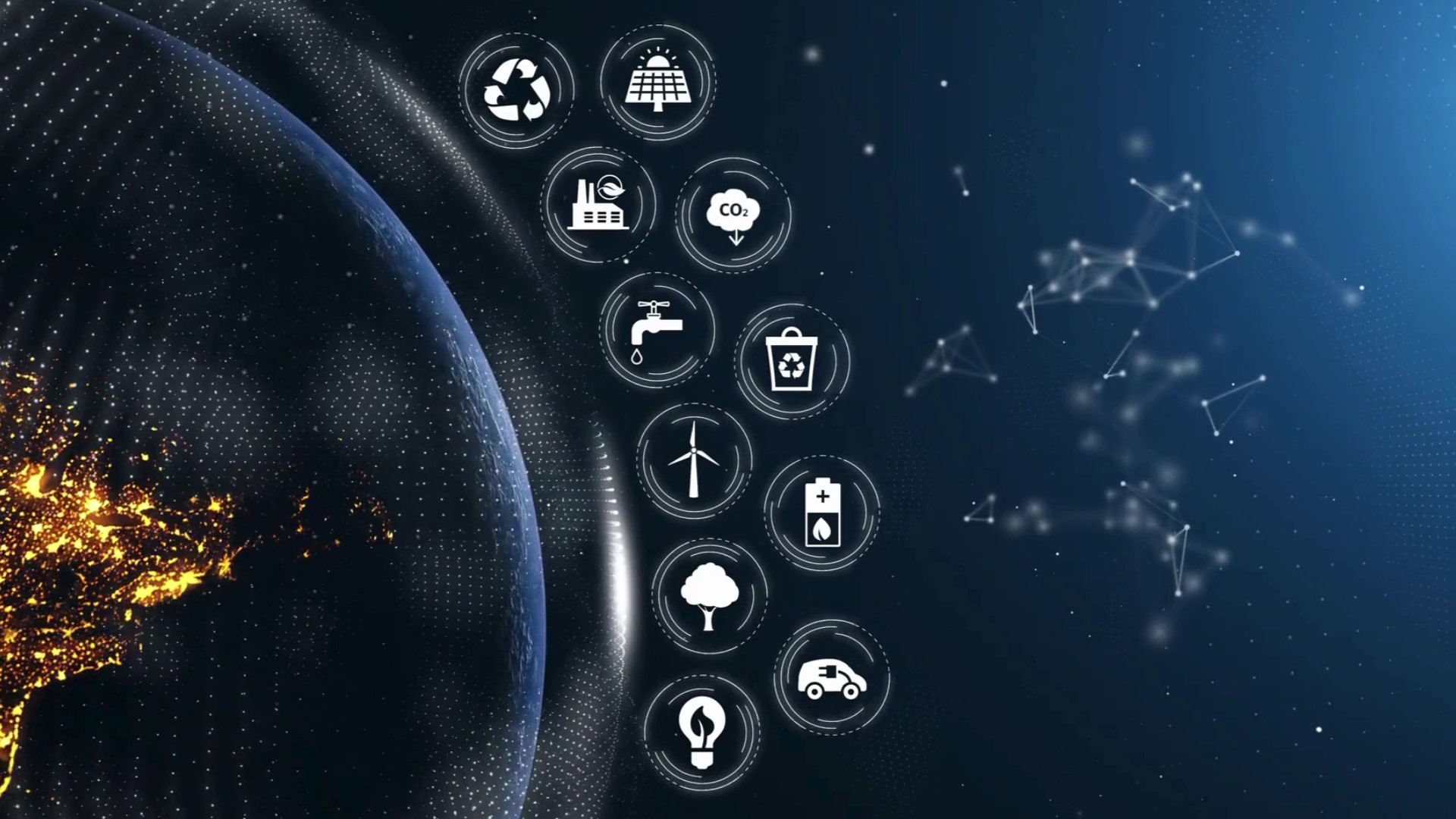To help companies strengthen competitiveness and resilience, the UN Global Compact Network UK, in collaboration with University College London, Newcastle University, and Euromonitor International, has developed the report “Trailblazers & Transformers: UK Business Sectors Redefining Sustainability,” examining how six high-impact sectors in the UK are performing against the Sustainable Development Goals (SDGs). Drawing on rigorous data and market insights, the report identifies sector-specific challenges, benchmarks performance, and presents actionable recommendations to support effectiv
Given the climate crisis, all sectors must make choices that serve people and planet well into the future. The establishment of the United Nations Sustainable Development Goals (SDGs) in 2015 shifted the global debates on these issues particularly recognizing that sustainability as a critical lens must be applied not only by public and not-for-profit sectors, but also by philanthropy and private sector.


